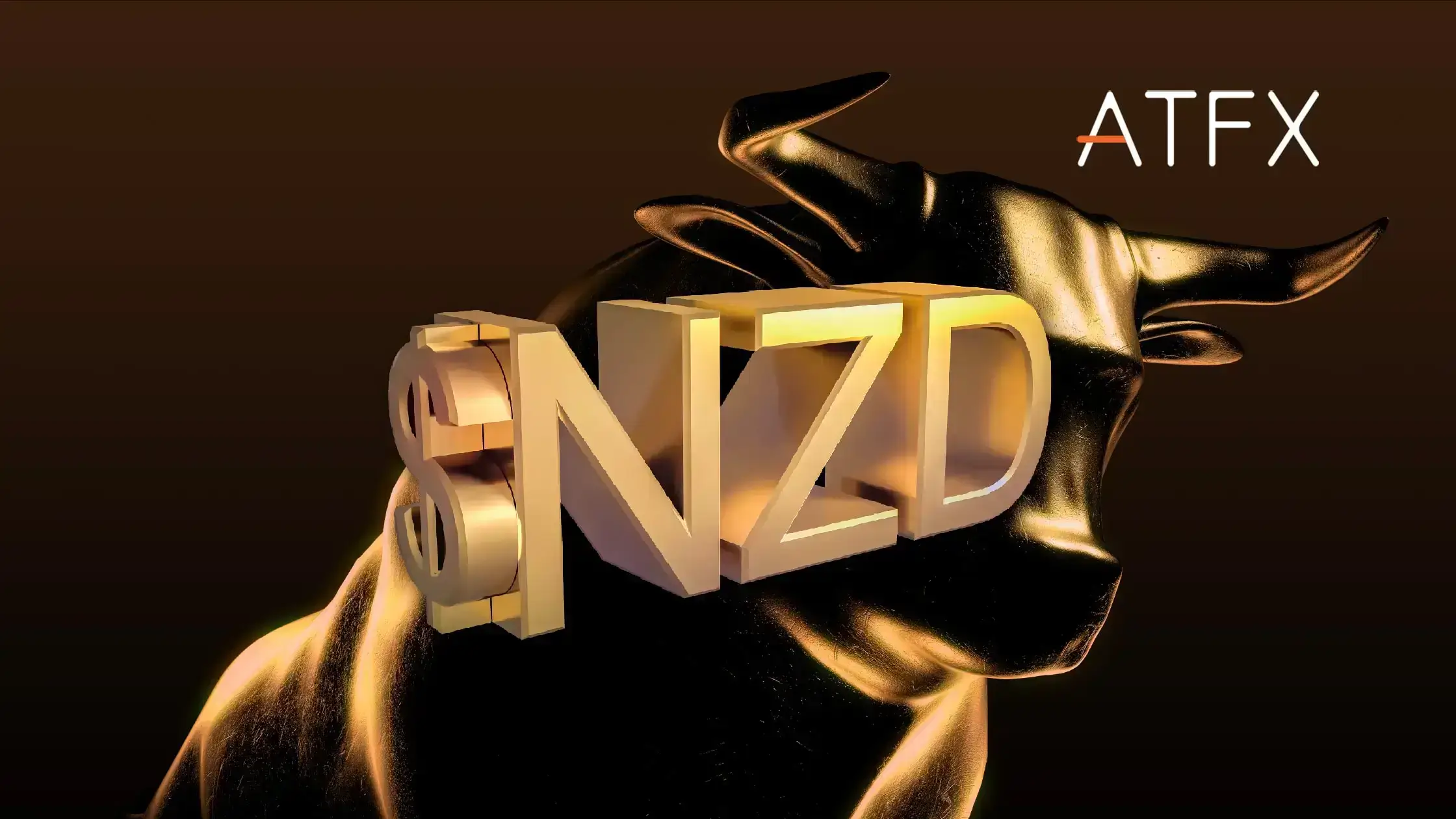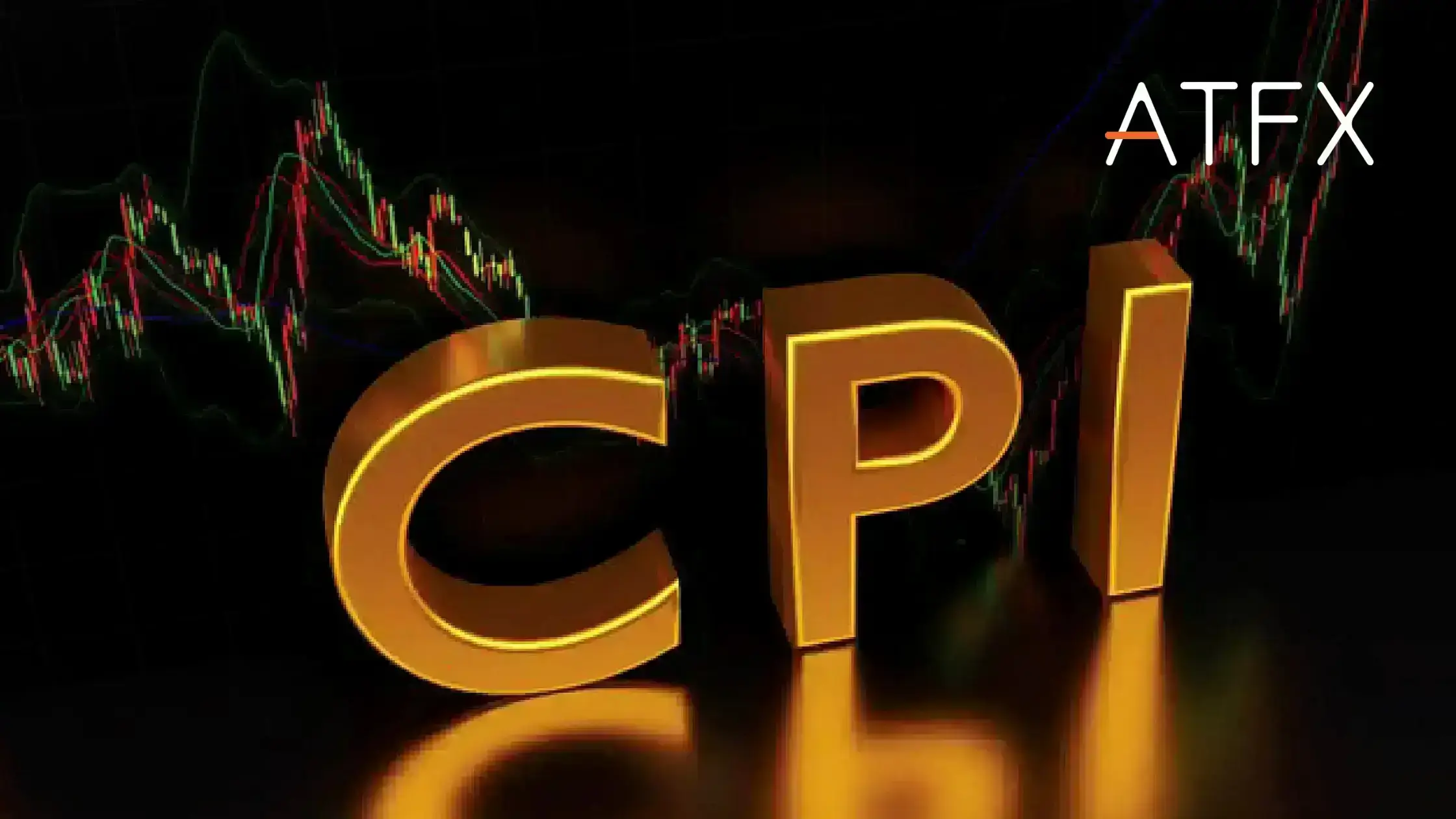The market is watching Germany, and the United States, which announce their respective consumer price index (CPI) reports for March on Tuesday. Many believe that local inflation will remain high due to the high international energy prices in March. In addition, the war in Russia and Ukraine has triggered problems such as the rising prices of agricultural products and industrial metal raw materials; hence, inflation may hit a new record high. Therefore, it is worth noting that the latest views from ECB officials on inflation may trigger volatility in the bonds, stocks, and foreign exchange markets.
Furthermore, the European Central Bank’s interest rate meeting will be held on Thursday, and the results will be announced later that day. The latest German CPI data may directly affect the ECB’s view on future monetary policies. Therefore, there may also be an opportunity for the central bank to push forward with the original plan to raise interest rates before the end of the year or before the third quarter.
According to the European Central Bank’s current monetary policy outlook, the bank will review its asset purchase program (APP) at the end of March’s anti-pandemic aid bond purchase program (PEPP). Whether the ECB will start shrinking the program will be one of the priorities at this week’s ECB interest rate meeting. Faced with the slow growth of the European economy combined with high inflation, investors are highly concerned about how central bank policymakers will respond and make future deployments.
If the European Central Bank implements tighter monetary policies and curtails bond purchases, the Euro, which has been sluggish recently, may rebound in the short term. Although technically, the 1.08 mark in the EUR/USD can be regarded as a significant short-term support level, we can shift attention to the 1.11 or 1.12 range if there is a rebound. Furthermore, the UK will announce its March CPI on Wednesday. The market will be paying attention to whether the inflation level will break through its recent historical high, which will stimulate the pound and indirectly benefit the Euro’s exchange rate.
In the face of high global inflation, the central banks of New Zealand and Canada will announce the results of their interest rate meetings on Wednesday. The market expects the two countries’ discussions to result in interest rate hikes. The Reserve Bank of New Zealand is expected to raise rates by 25 basis points to 1.25%, while the Bank of Canada is expected to raise rates by 50 basis points to 1.0%. If the two central banks raise interest rates more than expected, it may trigger a rise in the exchange rate.
On the contrary, if the rate hike is in line with expectations or lower than expected, it will trigger a decline in the exchange rate. After the interest rate discussion, investors should pay attention to the future policy outlook of the central bank policymakers. We believe it will indirectly affect the future direction of the exchange rate.


